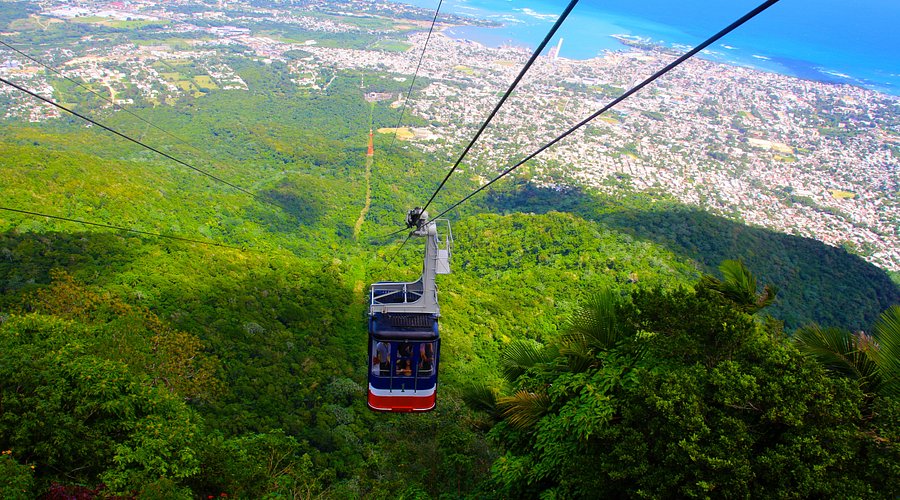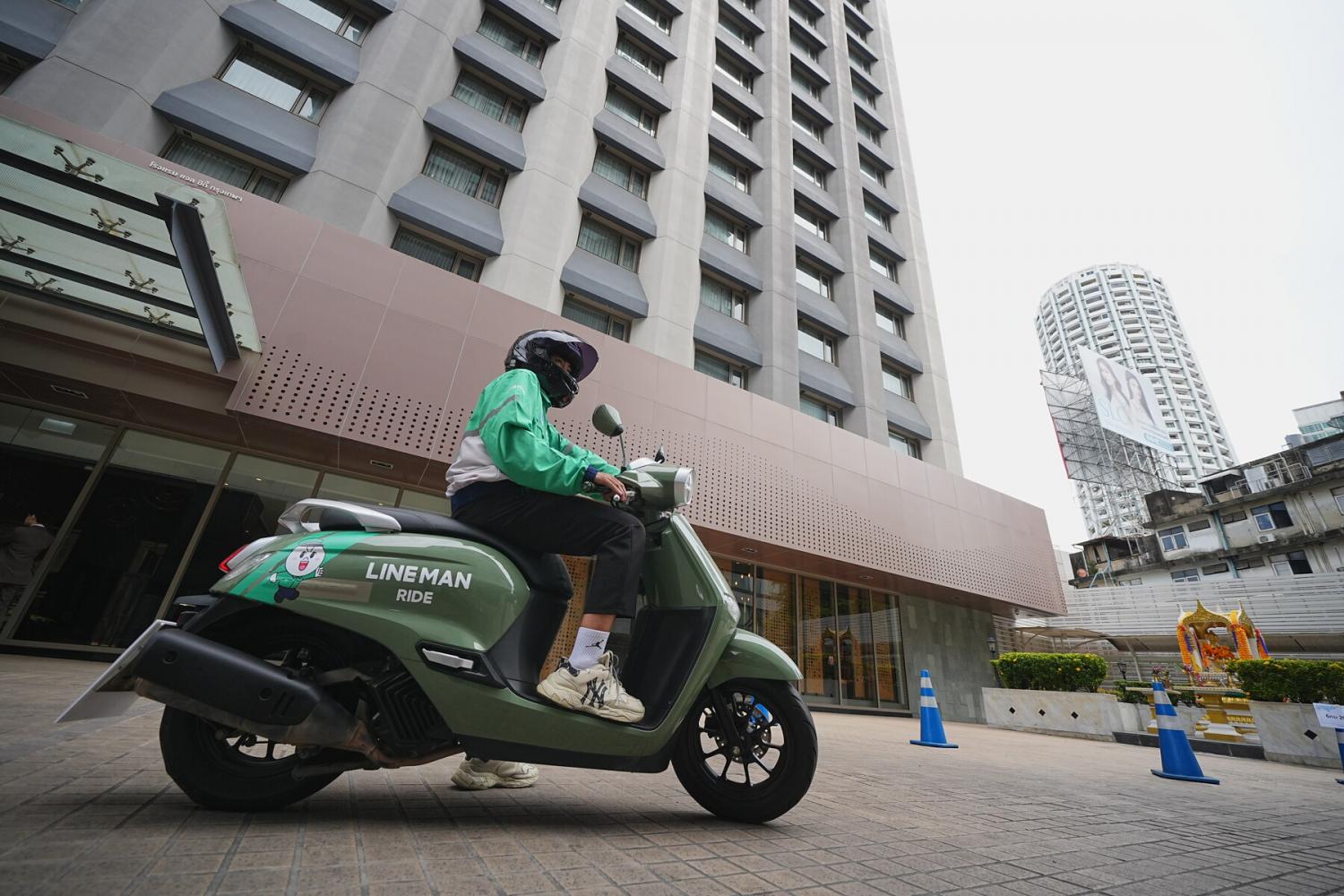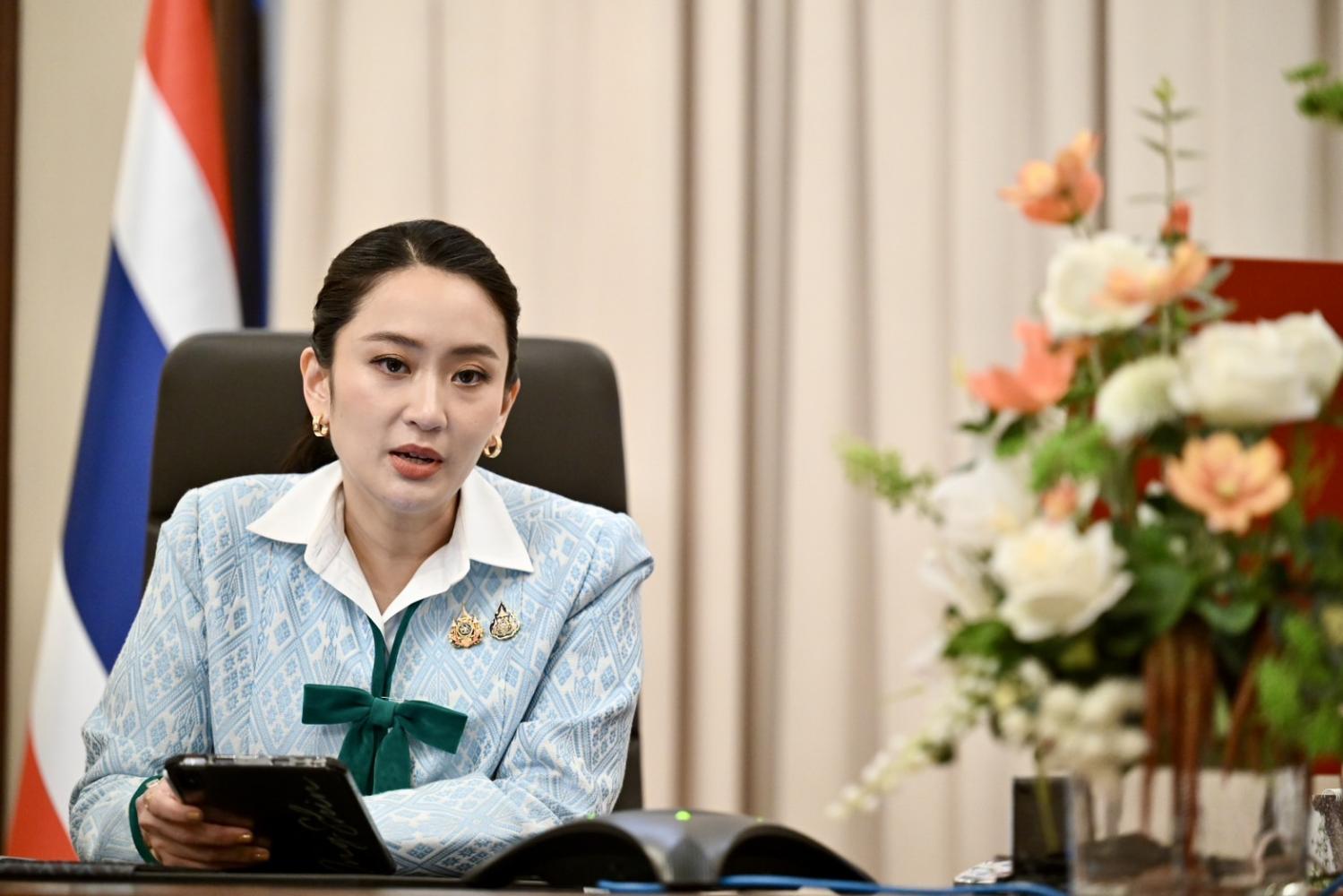Project Overview
Government-Backed Initiative
The Designated Areas for Sustainable Tourism Administration (DASTA) has begun a feasibility study for a cable car project at Phu Kradueng National Park. This initiative follows directives from Tourism and Sports Minister Sorawong Thienthong, demonstrating the government’s commitment to enhancing tourism infrastructure.
Environmental and Economic Considerations
Balancing Conservation and Development
The study aims to assess the potential impact of a cable car system on the park’s ecosystem while exploring opportunities for sustainable tourism growth. DASTA’s involvement suggests a focus on balancing environmental preservation with economic development.
Technical Aspects
Modern Transit Solution
If approved, the cable car would likely incorporate state-of-the-art technology similar to other urban aerial transit projects. Such systems have been shown to significantly reduce travel times and improve accessibility in challenging terrains.
Potential Benefits
Improved Accessibility and Safety
A cable car system could make Phu Kradueng more accessible to a wider range of visitors, including those with limited mobility. It may also enhance safety by providing a controlled and monitored mode of transportation within the park.
Public Engagement
Community and Stakeholder Input
As the feasibility study progresses, it is expected that DASTA will engage with local communities and environmental groups to gather input and address concerns. This collaborative approach is crucial for the project’s success and sustainability.
Next Steps
Comprehensive Analysis
The feasibility study will likely cover various aspects, including environmental impact, economic viability, and technical feasibility. The results will inform decision-makers on whether to proceed with the cable car project at Phu Kradueng National Park.








